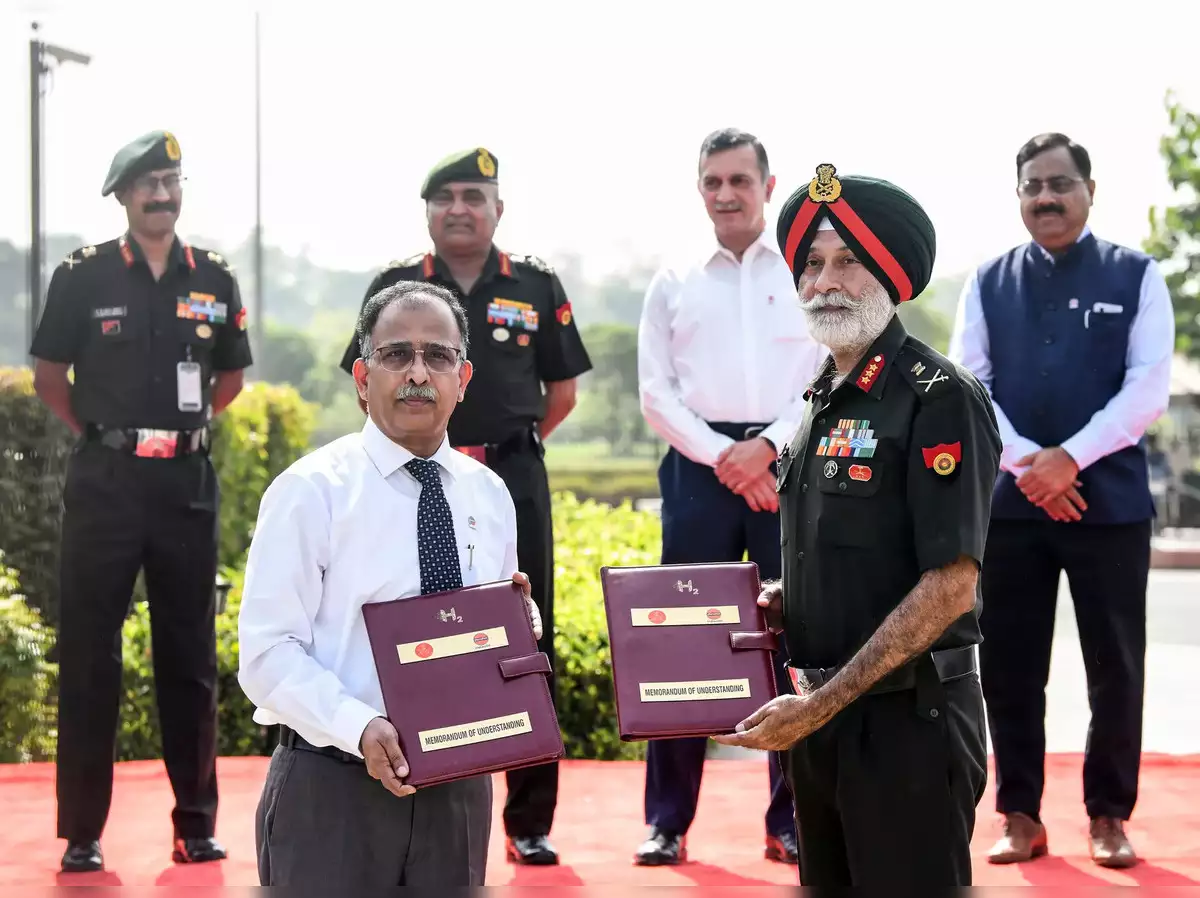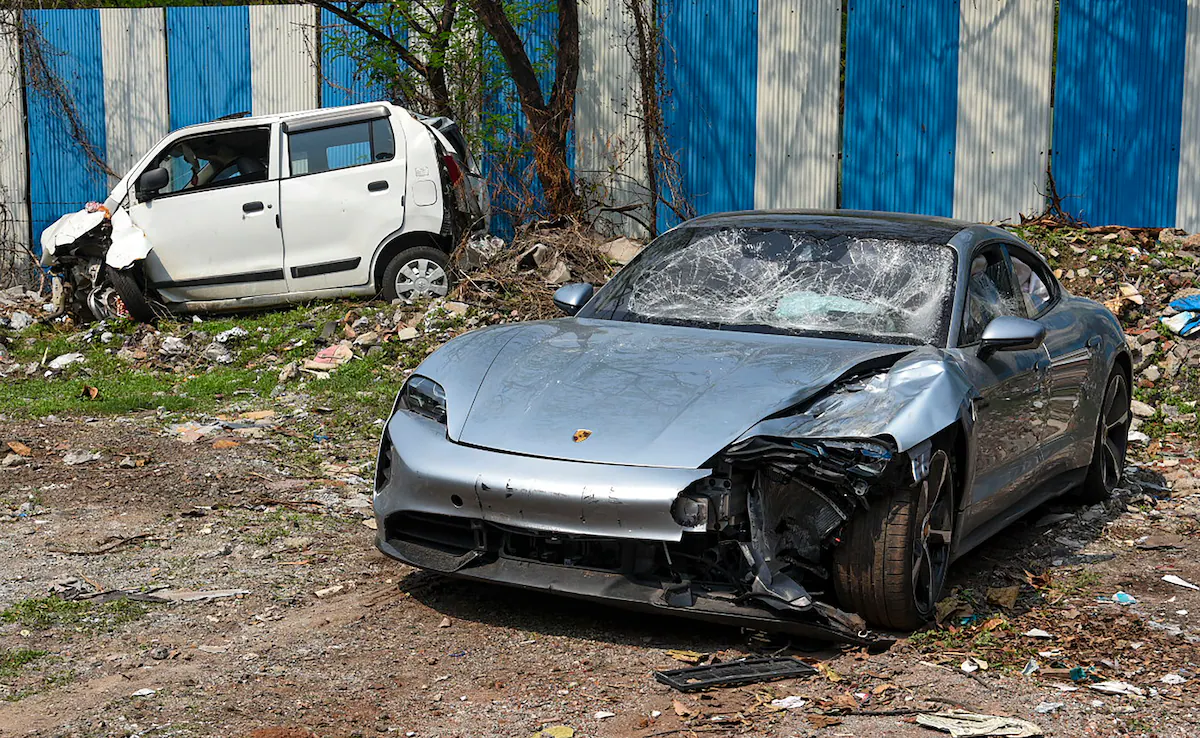
May 29, 2024
In a significant move towards environmental sustainability, the Indian Army has partnered with the Indian Oil Corporation Limited (IOCL) to develop and implement green and sustainable transport solutions for its vast fleet of vehicles. This collaboration aims to reduce the Army’s carbon footprint and contribute to the nation’s broader efforts in combating climate change.
Keywords: Indian Army, IOCL, green transport solutions, sustainable mobility, environmental sustainability
Addressing the Need for Eco-Friendly Mobility
The Indian Army, with its extensive network of bases and operations across the country, has long recognized the need to transition towards more environmentally friendly modes of transportation. The sheer scale of the Army’s vehicle fleet, which includes a wide range of heavy-duty trucks, armored personnel carriers, and other specialized vehicles, has made this a pressing concern.
“As a responsible organization, the Indian Army is committed to reducing its environmental impact and leading by example,” said Lt. Gen. Anil Chauhan, the Chief of Army Staff. “Our collaboration with IOCL is a crucial step in this direction, as we work together to develop and implement sustainable transport solutions that will not only benefit our operations but also contribute to the larger goal of a greener future.”
Exploring Alternative Fuel Technologies
At the heart of this collaboration is the exploration and implementation of alternative fuel technologies that can power the Army’s vehicle fleet. IOCL, as one of India’s leading oil and gas companies, has been at the forefront of developing and promoting cleaner energy solutions, including biofuels, compressed natural gas (CNG), and electric vehicles (EVs).
“We are excited to partner with the Indian Army in this endeavor,” said Sanjiv Singh, the Chairman of IOCL. “Our expertise in alternative fuel technologies, combined with the Army’s operational requirements, will allow us to develop customized solutions that can be seamlessly integrated into their existing infrastructure and operations.”
Pilot Projects and Gradual Rollout
The collaboration between the Indian Army and IOCL will begin with the implementation of pilot projects in selected Army bases and units. These projects will focus on the deployment of CNG-powered vehicles, as well as the installation of charging infrastructure for electric vehicles.
“We will start with a gradual rollout of these solutions, carefully monitoring their performance and efficiency before scaling up to a larger fleet,” explained Lt. Gen. Chauhan. “The safety and operational readiness of our forces remain our top priority, and we will ensure that these new technologies meet the rigorous standards required by the Army.”
Synergies and Knowledge Sharing
The partnership between the Indian Army and IOCL extends beyond the development and implementation of green transport solutions. The two organizations will also engage in knowledge sharing and capacity building initiatives, allowing for the cross-pollination of ideas and best practices.
“This collaboration is not just about deploying new technologies,” said Sanjiv Singh. “It’s also about fostering a culture of sustainability and environmental consciousness within the Indian Army. We hope to learn from their operational expertise, while also sharing our insights on the latest advancements in the field of alternative fuels and clean mobility.”
Broader Implications and Impact
The success of this collaboration between the Indian Army and IOCL is expected to have far-reaching implications, both within the military and the broader Indian society. As the Army’s vehicle fleet transitions towards more sustainable solutions, it will serve as a model for other government agencies and private organizations to follow suit.
“The Indian Army is a respected institution, and its adoption of green transport solutions will undoubtedly inspire others to take similar steps,” said Lt. Gen. Chauhan. “By leading the way in this area, we hope to contribute to the nation’s overall efforts in combating climate change and promoting a more sustainable future.”
